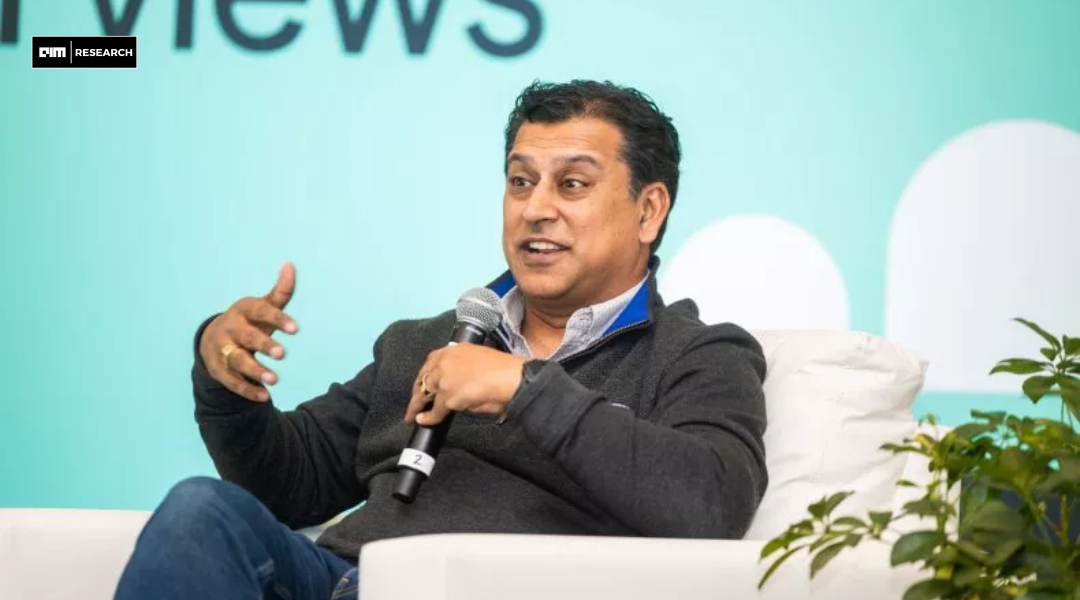Grammarly’s Niche Stands Strong as it Looks to Grow Beyond it
- By Mukundan Sivaraj
- Published on
With $1B in funding the AI-powered writing assistant is expanding its capabilities.


By late 2022 Grammarly found itself navigating a much more competitive landscape. Once the default assistant for writers seeking grammar help and tone suggestions, the company faced pressure from general-purpose AI platforms like OpenAI’s ChatGPT and later, Microsoft Copilot, tools capable not just of editing but generating entire documents and communications. With AI writing help being freely available, did Grammarly manage to adapt? Well, for one, their revenue grew in 2023 and 2024.
The other part of the answer came this week, when the company announced a $1 billion nondilutive financing round from General Catalyst. The capital will support Grammarly’s move from a specialized writing assistant to a broader AI productivity platform. The funding follows its December 2024 acquisition of Coda, a productivity software startup, and a leadership transition that brought former Coda CEO Shishir Mehrotra to the helm.
The financing was raised through General Catalyst’s Customer Value Fund. According to General Catalyst CEO Hemant Taneja, “We’ve been working with the Grammarly team for years as they became an early leader in applied AI.” He added, “We are confident that this extension of our partnership will create significant long-term value and continue to drive Grammarly’s ability to accelerate enterprise adoption.”
Grammarly reports more than 40 million daily active users and over $700 million in annual revenue. Its core product is integrated into more than 500,000 websites and apps, offering grammar correction, paraphrasing, tone adjustments, and writing feedback across contexts.
What continues to set Grammarly apart is its deep integration into where users already write (browsers, email clients, document platforms, and messaging tools) without requiring them to leave their workflow. Unlike general-purpose AI models that operate as standalone interfaces, Grammarly delivers in-line suggestions in real time. But, advances in AI have changed what users expect from their tools.
Recognizing this shift, Grammarly moved to broaden its capabilities through the acquisition of Coda. “Integrating Coda and Grammarly has unlocked tremendous potential for how people work and communicate,” said Mehrotra. “I’m energized by the innovation happening across our teams as Grammarly has become a productivity platform serving everyone from individual students to growing businesses to large enterprises.”
Coda’s tools, such as Coda Docs and Coda Brain: a document chatbot that retrieves company knowledge, will now sit alongside Grammarly’s writing features. The integration is designed to extend Grammarly’s utility beyond language assistance and into broader knowledge work, including search, summarization, and document collaboration.
The company also aims to build AI agents tailored to specific business tasks. In an earlier public statement, Mehrotra envisioned a future where the Grammarly Assistant would go beyond sentence refinement to connect with tools like email, project management platforms, and CRMs: “Imagine if the Assistant not only gave amazing suggestions and refinements based on the writing it sees today but also had permission-aware connections into all of your other systems (from your email to docs to CRM to project trackers and more).”
General Catalyst believes Grammarly has a reliable growth engine. “Companies like Grammarly basically have a machine where they can invest dollars in sales and marketing and generate a very consistent return,” said Pranav Singhvi, Managing Director at the firm.
Despite growing investor interest, Grammarly isn’t rushing toward a public listing. “I’m right now just focused on making sure we’re innovating with new products, growing as fast as we can,” Mehrotra said. “But when we feel ready, we’ll go public.”
Co-founder Max Lytvyn, now serving as head of revenue, acknowledged that the company no longer holds a unique position in the AI writing market in a talk at the Web Summit in Vancouver. “Some of the things that only we could do, now anybody could do. That’s fine, that’s the nature of technology.” Still, he noted that Grammarly’s scale and integration give it an advantage: “AI accelerated everything, and to stay on top of this, we need to move fast.”
